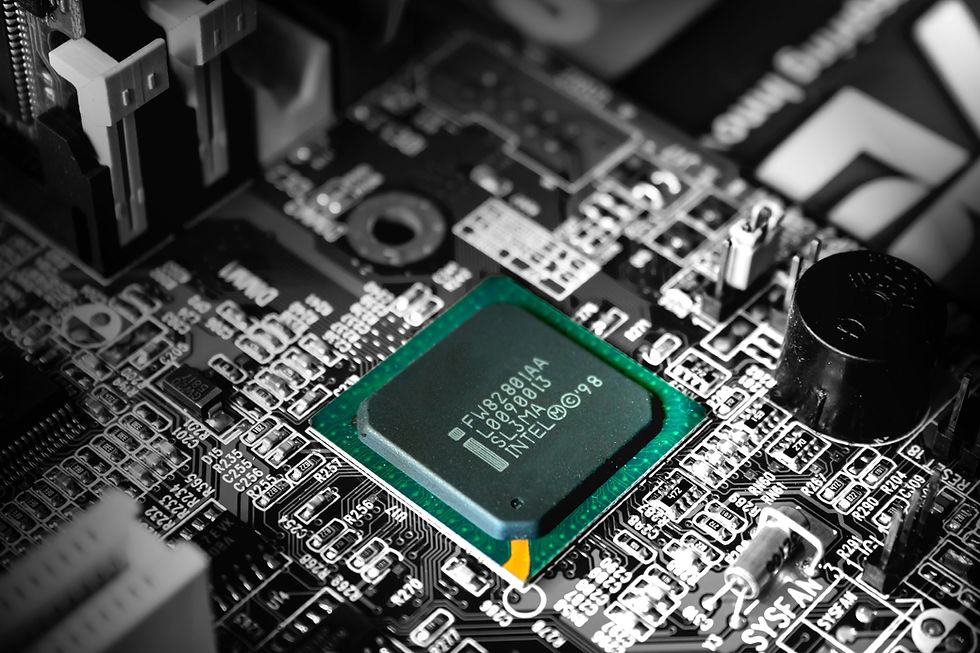Making the Most of Your Computer: Optimization Tips for Better Performance
- Kirk Carlson
- Sep 19, 2023
- 2 min read

**Making the Most of Your Computer: Optimization Tips for Better Performance**
Owning a computer is akin to having a dynamic and versatile tool. But, like any tool, its efficiency can degrade over time, often frustrating users with slow performance. The good news is there are strategies you can employ to optimize and breathe new life into your machine. Here are some top tips to ensure your computer runs at its best:
1. **Keep Your System Updated**
- Always ensure your operating system and software are up-to-date. Updates often contain critical patches that fix vulnerabilities and improve system performance.
2. **Declutter Your Hard Drive**
- Regularly clean up unnecessary files using built-in tools like 'Disk Cleanup' for Windows or third-party applications.
- Consider defragmenting your hard drive if you're using a traditional HDD. Note: SSDs should not be defragmented.
3. **Limit Startup Programs**
- Programs that launch at startup can significantly slow down boot time. Use 'Task Manager' on Windows or 'System Preferences' on Mac to manage and limit these applications.
4. **Upgrade Hardware Where Possible**
- RAM: Increasing your computer's memory can significantly boost performance, especially when multitasking.
- SSD: Upgrading from an HDD to an SSD can drastically improve boot times and application launch speeds.
- Graphics Card: A newer card can enhance system performance for gamers or professionals working with graphics.
5. **Monitor for Malware**
- Always have reputable antivirus software installed and regularly scan your computer. Malware not only poses security threats but can also hog system resources.
6. **Manage Your Browser**
- Limit the number of open tabs.
- Regularly clear cache, cookies, and history.
- Consider using lightweight browsers or browser versions designed for speed.
7. **Adjust Visual Effects**
- On Windows, adjust performance options to 'Best Performance,' which will reduce visual effects and improve speed.
8. **Uninstall Unused Software**
- Remove programs you no longer need. They can take up precious storage space and might run background processes that slow down your computer.
9. **Check for Overheating**
- Ensure your computer is in a well-ventilated area. If you notice your machine is hot, it might be throttling its performance. Regularly clean out dust from vents and fans.
10. **Cloud Solutions & External Storage**
- Use cloud storage solutions or external drives to offload huge files, freeing up internal storage and potentially improving system performance.
11. **Regularly Reboot**
- It's simple but effective. Rebooting your computer can clear out temporary files and stop unnecessary processes.
12. **Tweak Power Settings**
- For laptops, ensure you're on a performance-optimized power plan when you need the best speed.
In conclusion, regular maintenance and periodic hardware upgrades can keep your computer performing at its peak. By incorporating these tips into your routine, you'll extend the lifespan of your machine, save time, and enjoy a more efficient computing experience.







Comments